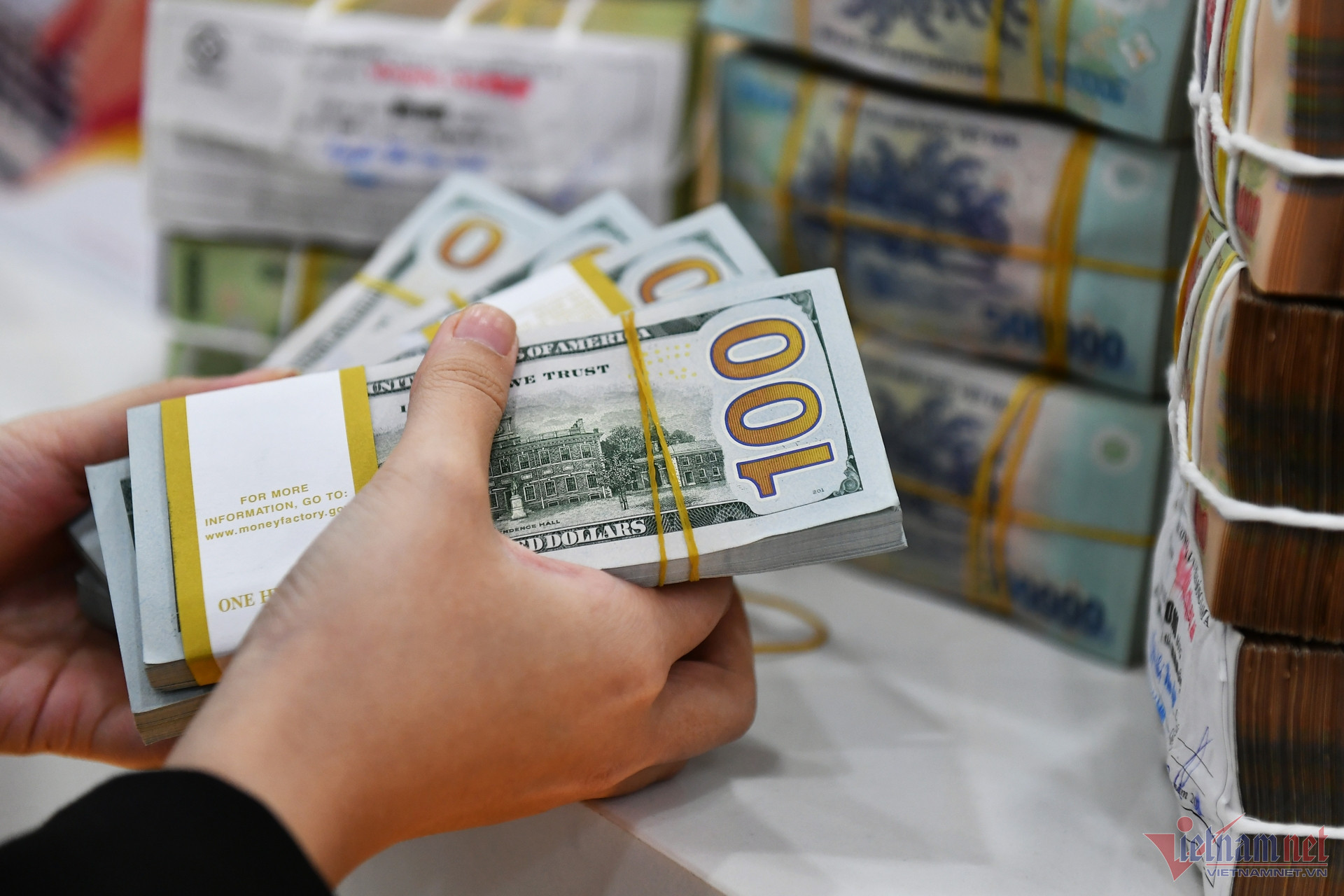
This announcement was included in the US Treasury's report titled "Macroeconomic and Foreign Exchange Policies of Major US Trading Partners."
In the report, the US Treasury praised the results of Vietnam's monetary and exchange rate policy management.
The assessment of potential currency manipulation by major trading partners is based on three criteria: bilateral trade surplus with the US, current account surplus, and unilateral, prolonged intervention in the foreign exchange market.
The first two criteria are a bilateral trade surplus in goods with the US not exceeding $15 billion and a current account surplus not exceeding 3% of GDP. The third criterion involves the central bank's net foreign currency purchases over 12 months.
Vietnam is currently on the "monitoring list" of the US Treasury Department, along with six other countries and territories: China, Japan, Germany, Malaysia, Singapore, and Taiwan (China). These countries and territory exceeded the thresholds for the bilateral goods surplus and current account surplus criteria.
Vietnam's bilateral goods trade surplus with the US reached $103 billion by the end of 2023, making it the country with the third largest goods surplus with the US. Additionally, Vietnam's foreign exchange reserves at the end of 2023 were $88.1 billion, accounting for 21% of GDP.
According to the US Treasury Department's report, the State Bank of Vietnam net purchased foreign exchange worth about $7 billion in the four quarters up to December 2023, or 1.5% of GDP.
Twice a year, the US Treasury publishes a report on "Macroeconomic and Foreign Exchange Policies of Major US Trading Partners."
The US Treasury's continued affirmation that Vietnam is not on the currency manipulation monitoring list is due to Vietnam's policies aimed at stabilizing inflation, maintaining currency value, and stabilizing the macroeconomy, rather than financing exports to benefit Vietnam at the expense of its trading partners.
In bilateral meetings with the State Bank of Vietnam, the US Treasury has consistently appreciated Vietnam's monetary and exchange rate policy management, which has maintained stability in the financial, monetary, and macroeconomic markets despite numerous challenges.
The State Bank of Vietnam reaffirms that its monetary and exchange rate policies are consistently aimed at controlling inflation, stabilizing the macroeconomy, and ensuring the safety of the credit institution system.
Tuan Nguyen